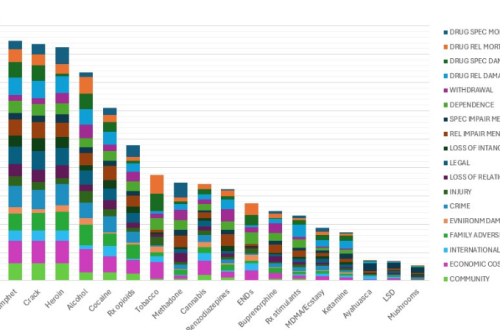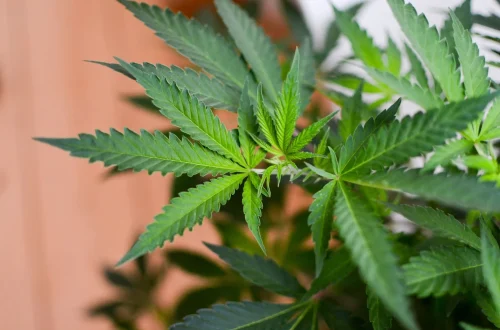by Jeffrey A. Miron and Katherine Waldock
State and federal governments in the United States face massive looming fiscal deficits. One policy change that can reduce deficits is ending the drug war. Legalization means reduced expenditure on enforcement and an increase in tax revenue from legalized sales.
This report estimates that legalizing drugs would save roughly $41.3 billion per year in government expenditure on enforcement of prohibition. Of these savings, $25.7 billion would accrue to state and local governments, while $15.6 billion would accrue to the federal government.
Approximately $8.7 billion of the savings would result from legalization of marijuana and $32.6 billion from legalization of other drugs.
The report also estimates that drug legalization would yield tax revenue of $46.7 billion annually, assuming legal drugs were taxed at rates comparable to those on alcohol and tobacco. Approximately $8.7 billion of this revenue would result from legalization of marijuana and $38.0 billion from legalization of other drugs.



